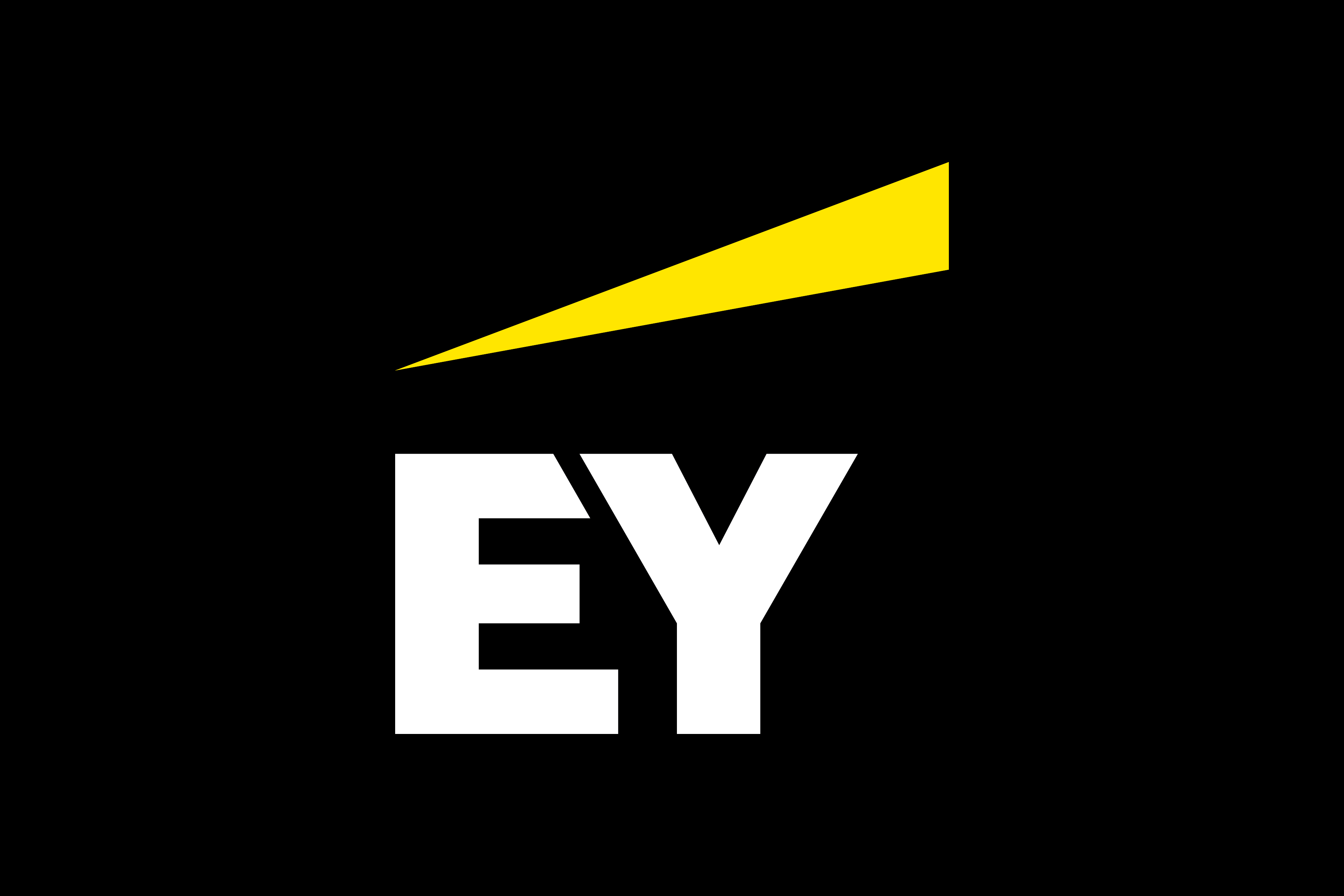EY refers to the global organization, and may refer to one or more, of the member firms of Ernst & Young Global Limited, each of which is a separate legal entity. Ernst & Young Global Limited, a UK company limited by guarantee, does not provide services to clients.

Failure to perform or/and document an ultimate beneficial owner (UBO) analysis under the Polish law may result in, among other things, the freezing of a bank account of a local entity.
The obligation to disclose the UBO of Polish companies and partnerships in the Central Register of Ultimate Beneficial Owners (CRBR) was introduced in 2019. In response to this obligation, many corporate groups, in the absence of an individual holding at least 25% of the shares or voting rights, have disclosed the members of the management board (directors) of a local company as UBOs. In other cases, the analysis was performed at the group (holding) level without investigating the matter under local AML laws.
The so-called obliged entities, including banks, notaries, financial institutions etc. are required to verify whether their clients were entitled to disclose members of the local management board as UBOs due to the documented inability to identify other (actual) UBOs. Even if there is no individual holding more than 25% of shares or voting rights, it does not mean that disclosing a local company's management board in CRBR is in line with the Polish law and the standpoint of local authorities.
In order to verify whether the disclosure of the local directors was justified, the obliged entities may demand to be provided with the documentation justifying a particular disclosure. In case of discrepancies between the obliged entities’ assessment and the disclosure in CRBR, they are required to report them to the Polish Ministry of Finance, as well as to freeze business relations with the local company.
Important!
Currently, we are observing the increased activity of obliged entities (including banks) in terms of requesting their clients to provide documentation justifying a particular UBO disclosure. Banks set a short (usually 5-7 days) deadline for providing the required documents, which is insufficient in the case of the need to carry out an analysis or consultations as well as to prepare a formal summary of the conclusions (e.g. in the form of a legal opinion).
Importantly, failure to document that a UBO analysis has been performed may result in:
- the freezing of bank accounts,
- a financial penalty of up to PLN 1 million (approx. EUR 210,000) in case of incorrect identification of a UBO,
- the local board's criminal liability in the event of the reporting inaccurate data.
EY Law Experts' Standpoint
If the ultimate beneficial owner cannot be identified, it should be documented by conducting an appropriate legal analysis. This should include not only a description of the capital structure, but also a consideration of each of the grounds for identification of the UBO indicated in the Polish AML Act. Moreover, it should take into account the interpretations of the AML regulations published by the Polish Ministry of Finance.
EY Law's experts will support you in the process of conducting a UBO analysis, including:
- providing a questionnaire and a list of documents necessary to identify the UBO and document the process accordingly,
- on the basis of the information and documents received, conducting an appropriate analysis, which will indicate whether the notification of the company's UBO is correct.
The analysis will allow the company to demonstrate to the obligated entities that its UBO disclosed in CRBR has been determined correctly.
Direct at your mail
Subscribe EY newsletters
Summary
Failure to perform or/and document an ultimate beneficial owner (UBO) analysis under the Polish law may result in, among other things, the freezing of a bank account of a local entity.
Related articles
Transfers of personal data outside the EEA - challenges in 2022
The year 2022 is when the judgment of the Court of Justice of the European Union in the Data Protection Commissioner v. Facebook Ireland Ltd and Maximilan Schrems case (the so-called Schrems II judgment) begins to take on a very tangible meaning for all controllers and processors in the Union.
Beneficial Ownership Information Reporting in Germany – Changes to Notifications
Since 2015, Germany has had a transparency register based on the EU directives on the prevention of money laundering. However, over the last three years, there have been several legislative changes that have affected the nature and procedure of the beneficial ownership notification.
Changes in German law important for Polish companies
German ESG regulations also affect the situation of Polish entrepreneurs selling their goods across the Oder River or cooperating with German companies. The consequences relate in particular to two acts: the one on packaging and the one on due diligence in the supply chain.






